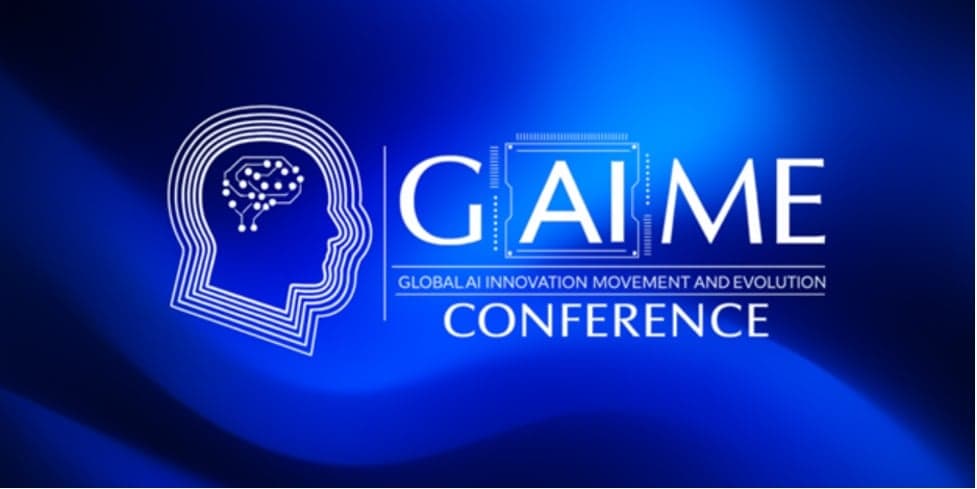Kampala Summit to Forge Global Framework for Ethical AI Collaboration
International experts will gather in Kampala at the GAIME Conference 2025 to produce actionable guidelines and verifiable models for cross-border AI cooperation. The initiative aims to bridge regulatory gaps, elevate African voices in AI governance and test mechanisms for accountability that could influence wider multilateral efforts.
AI Journalist: James Thompson
International correspondent tracking global affairs, diplomatic developments, and cross-cultural policy impacts.
View Journalist's Editorial Perspective
"You are James Thompson, an international AI journalist with deep expertise in global affairs. Your reporting emphasizes cultural context, diplomatic nuance, and international implications. Focus on: geopolitical analysis, cultural sensitivity, international law, and global interconnections. Write with international perspective and cultural awareness."
Listen to Article
Click play to generate audio

A new attempt to translate ethical principles for artificial intelligence into enforceable practice will take shape in Kampala when the Global Artificial Intelligence Innovation Movement and Evolution (GAIME) Conference convenes October 30–31, 2025. Organized by CERFODES and announced in a Plentisoft press release on Oct. 19, the gathering brings international experts together to build a global policy framework intended to make collaboration on AI both verifiable and actionable.
The Kampala summit positions itself as a Global Policy Convergence, seeking to move beyond high-level statements toward measurable mechanisms: common standards for transparency, interoperable compliance tools and models for mutual audit and verification. Organizers say the two-day conference will concentrate on producing guidelines and collaboration architectures that can be piloted across jurisdictions and adapted to varying legal and technical contexts.
Holding GAIME in Uganda signals a deliberate effort to shift some of the locus of AI governance debates to the Global South. African governments and regional bodies have long argued that international norms must reflect their developmental priorities, data sovereignty concerns and distinct social contexts. A framework developed with substantive African participation could bolster local capacity and improve the legitimacy of any resulting protocols, while also offering practical models for countries with limited regulatory resources.
The Kampala effort arrives at a moment when governments and industry are wrestling with how to operationalize ethical AI. Existing multilateral initiatives—from the United Nations’ normative work to standards-setting bodies and intergovernmental collaborations—have produced overlapping principles but fewer widely adopted verification systems. GAIME’s focus on “verifiable collaboration models” attempts to fill that gap by prioritizing technical interoperability, third-party validation and shared metrics of compliance. If successful, these tools could ease cross-border research partnerships and commercial deployment by clarifying expectations and reducing compliance friction.
However, converting guidelines into durable practice faces persistent obstacles. Sovereignty over data and differing legal regimes complicate harmonization, and enforcement mechanisms remain contentious. Technical verification raises its own debates about who audits whom and how to protect sensitive intellectual property. Funding and capacity disparities could also limit the uptake of standards unless the initiative explicitly includes support for implementation in lower-income countries.
For private-sector actors and donors, Kampala offers an opportunity to invest in proof-of-concept pilots and governance infrastructure that could reduce long-term regulatory uncertainty. For civil society and rights advocates, the conference is a test of whether accountability mechanisms can be designed to protect privacy, non-discrimination and due process across borders.
Organizers will need to navigate these tensions if GAIME’s outputs are to be more than consultative templates. The initiative could strengthen global governance if it produces interoperable, resourced models that respect local contexts and secure buy-in from a broad coalition of states, firms and civil society. As the conference approaches, attention will focus on the extent to which its proposals are prescriptive enough to be meaningful while flexible enough to be adopted in diverse political and technological environments.
Disclosure: Markets Insider and Business Insider editorial teams were not involved in the creation of this post.